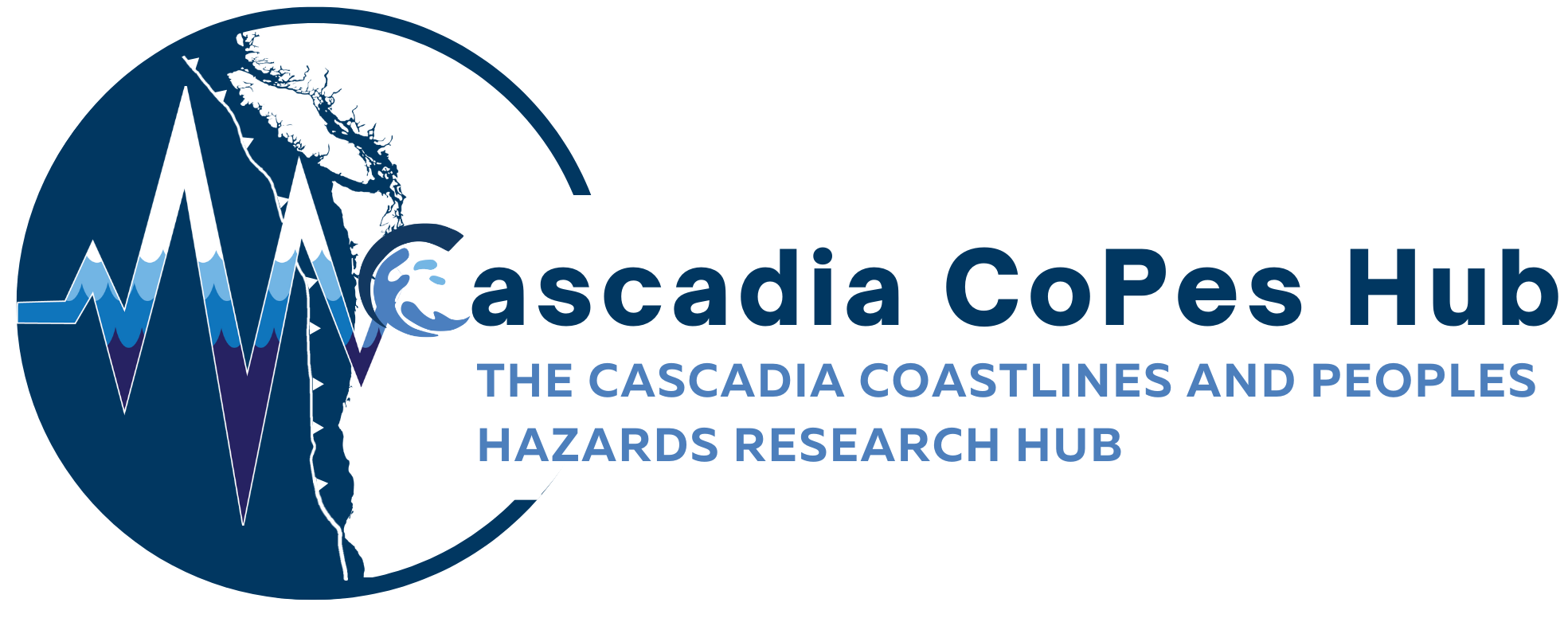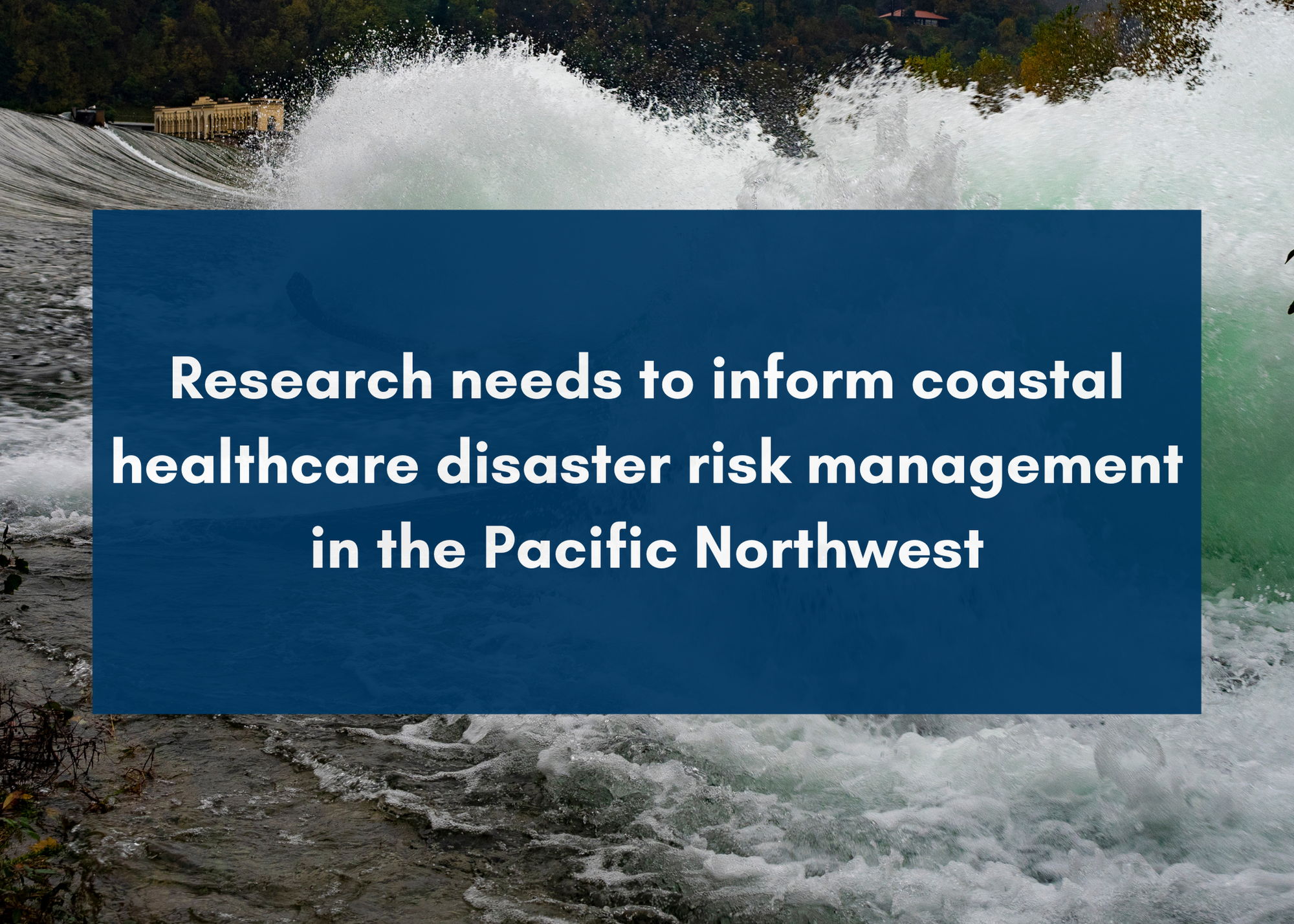A report of two partner workshops
Coastal communities may be at increased risk of healthcare access disruptions in a major disaster due to their geographical isolation, limited availability of specialized resources locally, and proximity to hazards. Post-disaster healthcare access is of particular concern in the Pacific Northwest (PNW) region, home to a large number of rural and tribal communities that receive healthcare services outside of their geopolitical boundaries. The region is prone to myriad seismic, and increasingly climate-sensitive hazards, and is expected to experience a major (9.0 magnitude) earthquake along its Cascadia Subduction Zone (CSZ). To identify opportunities for researchers to support coastal healthcare and public health disaster risk management (DRM), we hosted two forums with regional partners to:
- Connect practitioners and multi-disciplinary scientists interested in collaboration to improve healthcare access following major disasters;
- Identify information needed to better understand healthcare access impacts on PNW coastal communities following disasters; and
- Develop a research agenda to inform and improve healthcare access following major disasters.
Data, including notes from notetakers and those written by participants and responses from virtual workshop registration surveys, were read to identify key themes and to develop an organizational framework (i.e., staff, stuff, services, systems, and society (i.e., the social environment outside of the healthcare system), for reporting results. Following the development of this framework, data were manually organized into each domain and synthesized. Participants described several challenges and information needs pertaining to healthcare access following disasters. We discuss participant-identified challenges and information needs within each of the domains of our framework, present responsive, guiding research questions, and outline principles of engagement for researchers interested in collaborating with practitioners on such investigations. Findings can inform future research and planning efforts in support of coastal healthcare DRM.
Read the full report here


Comments are closed